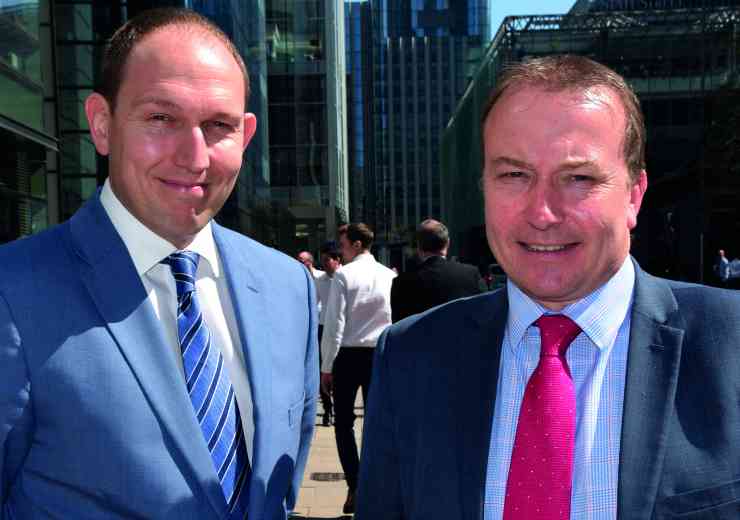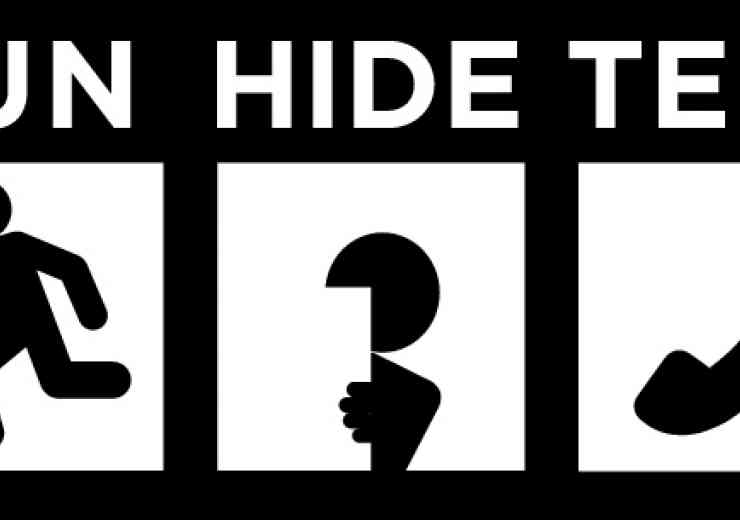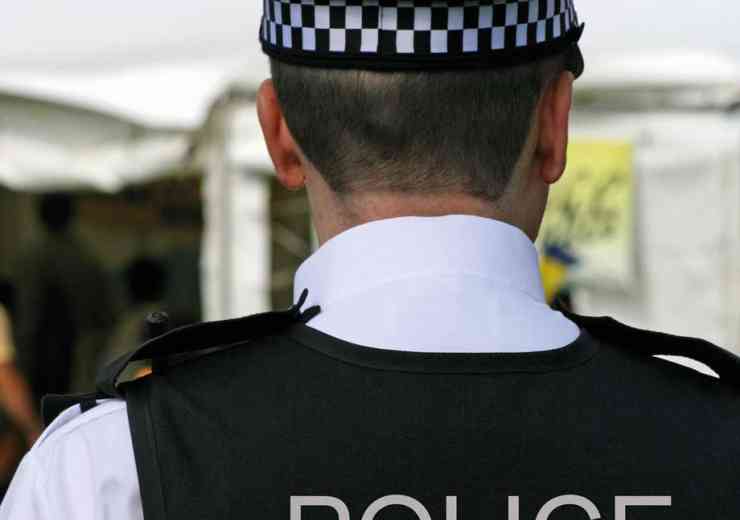Action against forged identity documents
 We all have identity documents – or at least we think we do. Did you know that, in the UK, there are only two documents that are legally recognised as identity documents? One of these you will never personally use. The first is your birth certificate, and the one you’ll never see is your death certificate.
We all have identity documents – or at least we think we do. Did you know that, in the UK, there are only two documents that are legally recognised as identity documents? One of these you will never personally use. The first is your birth certificate, and the one you’ll never see is your death certificate.
For this reason, along with the fact that we do not have a national identity card, we have, over time, come to accept other documents issued to us as identity documents. The two most obvious examples of this are the UK passport and driving licence. But they were never designed to be used by people to prove their identity; the driving licence is a document that evidences the individual’s authority to drive a motor vehicle on a road, whilst the passport was designed to allow an individual to cross foreign borders.
Criminals are aware of this anomaly and keen to exploit it. A counterfeit document (one that has been wholly created from new) such as a driving licence can be used by a fraudster to assert his identity to gain employment, to open a bank account and to receive his wages. The counterfeit licence can be used to obtain genuine documents that can be used in conjunction or in place of the original counterfeit document. Organised gangs are costing UK PLC millions of pounds every year, as they use this and other forms of fraud to target the economy.
AIDING TERRORIST ACTIVITY
The manufacture and subsequent use of false identities pave the way for a wide range of organised crime, including identity theft; human smuggling and trafficking; economic fraud; illegal immigration; terrorism, and other national security threats.
Criminal and terrorist organisations pay top money for quality counterfeits, which they commonly use to facilitate their illicit activities. For example, reports indicate that the Al Qaida terrorist organisation and 9/11 hijackers made use of fraudulent passports, use of fraudulent passports, visas, and entry and exit stamps in their international travels.
PARTNERSHIP
Project Genesius is an initiative that has been running since 2007. It is a partnership between the Metropolitan Police Service and the secure printing industry. It exists to prevent organised criminal gangs from obtaining the equipment required to create counterfeit or forged identity documents. It was initiated in response to an emerging trend that was seeing organised criminal groups from abroad arriving in the UK and setting up document ‘factories’ to provide identity documents, enabling illegal travel and economic crime to take place within the UK.
The most popular type of document to make is the identity card, be it a driving licence or a national ID card issued by many governments in Europe. As previously mentioned, we have come to accept the driving licence as an identity card and now not just the UK driving licence but all driving licences and national identity cards. This is in spite of the fact that the large majority of people requesting them have no idea how to differentiate between a genuine licence and a counterfeit one.
Genesius started by identifying the main manufacturers of identity cards available in the UK and sitting them around a table where they were informed their products were being used to create counterfeit documents. As competitors in business they were asked to unite with law enforcement to take on these organised criminal groups. They all agreed and provided police with a list of their UK resellers, who make up the bulk of the Genesius membership.
CODE OF CONDUCT
All Genesius members are asked to follow a voluntary code of conduct which involves ensuring strong ‘know your customer’ (KYC) procedures are in place and keeping accurate records of sales made. We also provide advice on what would constitute a suspect order, and ask that we be informed of any such requests.
Genesius membership has grown to accommodate all industries which can be exploited during the creation of identity documents. This includes hologram manufacturers, security paper merchants, rubber stamp manufacturers, plastic card suppliers, used equipment dealers, hot foil press suppliers and many more. All information received from Genesius members is fully researched and stored under strict compliance with existing data protection regulations.
Genesius, named after the patron saint of printers, is the first part of a three-tier strategy the MPS uses to combat identity crime. The second is Operation Maxim, a pro-active unit whose remit is to enforce activity against ‘identity document factories.’ They will carry out surveillance, disruption and prosecution of the individuals running these ‘factories.’
The final tier is Amberhill, a unit designed to hinder the use of counterfeit documents. Amberhill collate all counterfeit documents – including those identified by seizing the hard drives from the document factories – extracts the relevant information and places it onto a dedicated database which currently holds over 90,000 counterfeit identity documents. The documents include most well known UK documents (licences, passports SIA cards, CSCS, bank statements, immigration permits, etc) as well as driving licences, passports and national ID cards from Europe, Asia, Australia, Africa and the USA.
The hard drives are the customer database for the criminal gangs concerned and contain details of all identities that the gang has created. The gangs keep accurate records in case of repeat business from regular customers. Genesius can also help to identify when and where the printers were purchased, which provides further evidence of offending.
FURTHER INFORMATION
www.projectgenesius.org.uk
digital issue




















